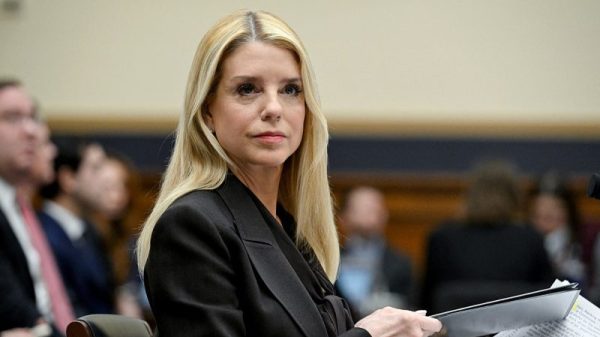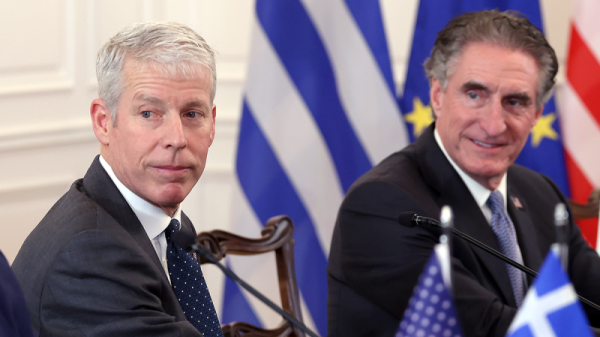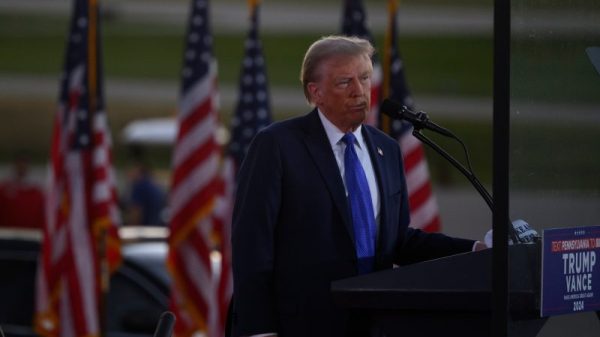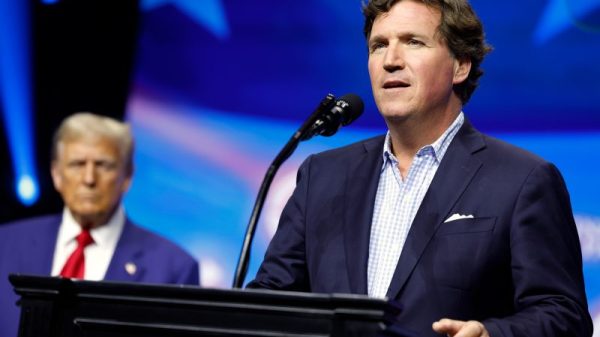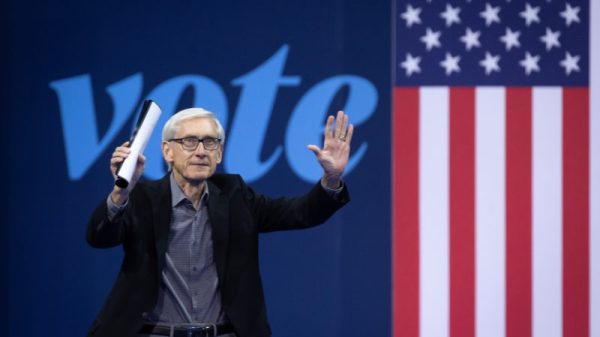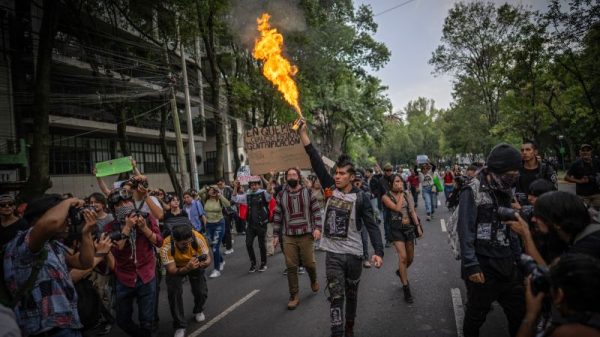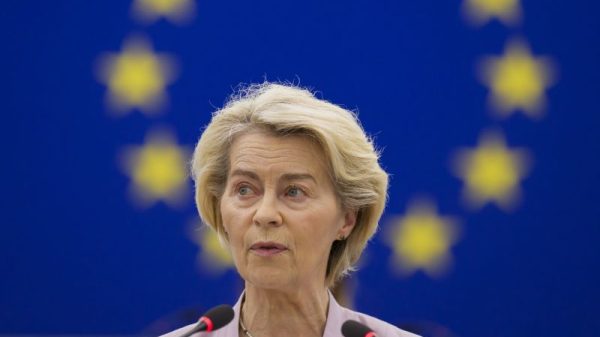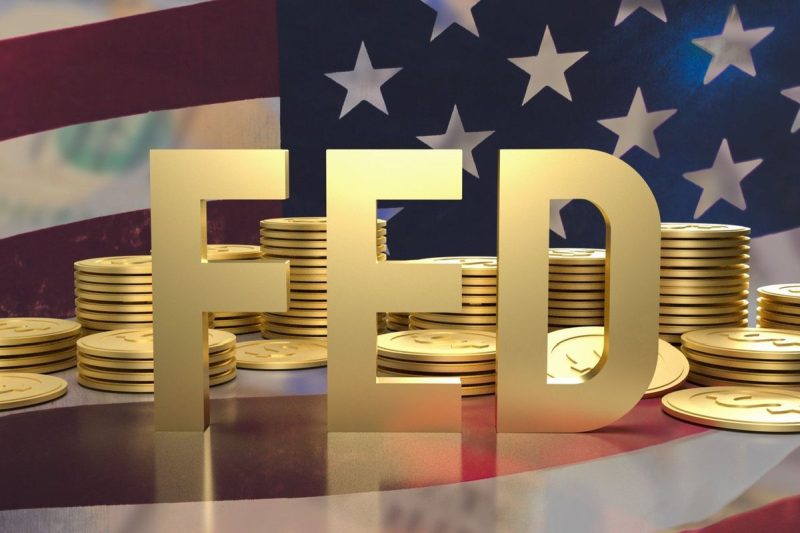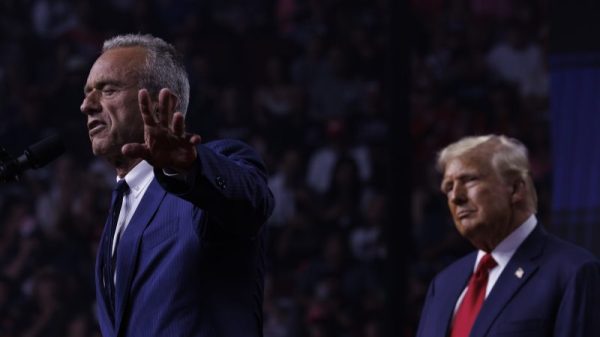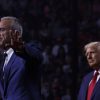Hot on the heels of Donald Trump’s victory in the US presidential election was a meeting of the US Federal Reserve’s Federal Open Market Committee (FOMC) on Wednesday (November 6) and Thursday (November 7).
At the meeting, officials decided to lower the benchmark interest rate by 25 basis points to 4.5 to 4.75 percent. This marks the second cut this year by the FOMC, which made an outsized 50 basis point cut at its meeting in September.
The rate cuts have come as inflation has cooled toward the 2 percent target set by the Fed when it first began raising interest rates in February 2022. The Personal Consumption Expenditures (PCE) Price Index, the Fed’s preferred measure of inflation, was up 2.1 percent year-on-year in September, as per the US Bureau of Economic Analysis.
In a press conference following the decision, Fed Chair Jerome Powell suggested that while he thinks the American economy and policy are in very good positions, there is still some uncertainty.
He said future data will inform other rate decisions, adding that the FOMC will react appropriately.
“We know that reducing policy restraint too quickly could hinder progress on inflation. At the same time, reducing policy restraint too slowly could unduly weaken economic activity and employment,” Powell said.
“We are not on any preset course. We will continue to make our decisions meeting by meeting.”
Speaking about the election, Powell suggested the results will have no influence on rate decisions in the short term.
“We don’t know what the timing and substance of any policy changes will be,” he explained to reporters.
“We therefore don’t know what the effects on the economy would be, specifically whether and to what extent those policies would matter for the achievement of our goal variables of maximum employment and stable prices.”
When commenting on the longer-term implications of a Trump presidency, Powell was neutral in his remarks, saying any government could implement policies that might have economic effects that would matter over time.
Powell said the Fed will take those factors into account in future modeling.
When asked if he is concerned that Trump’s incoming administration will ask him to step down as Fed chair, Powell answered “no.” He also said he will not step down before his term ends in 2026. Even though the president is responsible for appointing the chair of the central bank, terms are fixed at four years and cannot be overridden.
Market reactions to the rate cut decision boosted gold. By 3:30 p.m. EST, the yellow metal was up 1.84 percent from the start of the day at US$2,707.93 per ounce, while silver was up 3.12 percent at US$32.12 per ounce.
Equity markets had experienced slight gains as of that time, with the S&P 500 (INDEXSP:INX) rising 0.84 percent to reach 5,978.81, the Nasdaq-100 (INDEXNASDAQ:NDX) adding 1.66 percent to hit 21,123.64 and the Dow Jones Industrial Average (INDEXDJX:.DJI) increasing 0.15 percent to reach 43,793.06.
How Trump’s policy promises could affect inflation
While Powell did not address Trump’s proposed policies in his statement, some market watchers have suggested that if Trump enacts the policies he discussed frequently during his campaign, there may be an increase in deficit spending, which would cause further inflation. That could influence future interest rate decisions.
For example, Trump’s proposed changes would see tariffs applied broadly to goods entering the US, which would make everyday goods more costly for Americans. This is because tariffs are paid by importers in the US when they purchase goods from overseas, and the cost increases are passed along to consumers.
Likewise, Trump’s promise to deport 20 million undocumented migrants would cost US$88 billion a year to enforce. The impact would be felt by business owners who are already struggling to fill job openings, especially in the agricultural sector. This would likely lead to higher costs at the grocery store or reduced availability of produce.
Additionally, the loss of undocumented workers would see US$100 billion per year in lost tax revenue, requiring the government to increase deficits to pay for government programs.
Securities Disclosure: I, Dean Belder, hold no direct investment interest in any company mentioned in this article.











